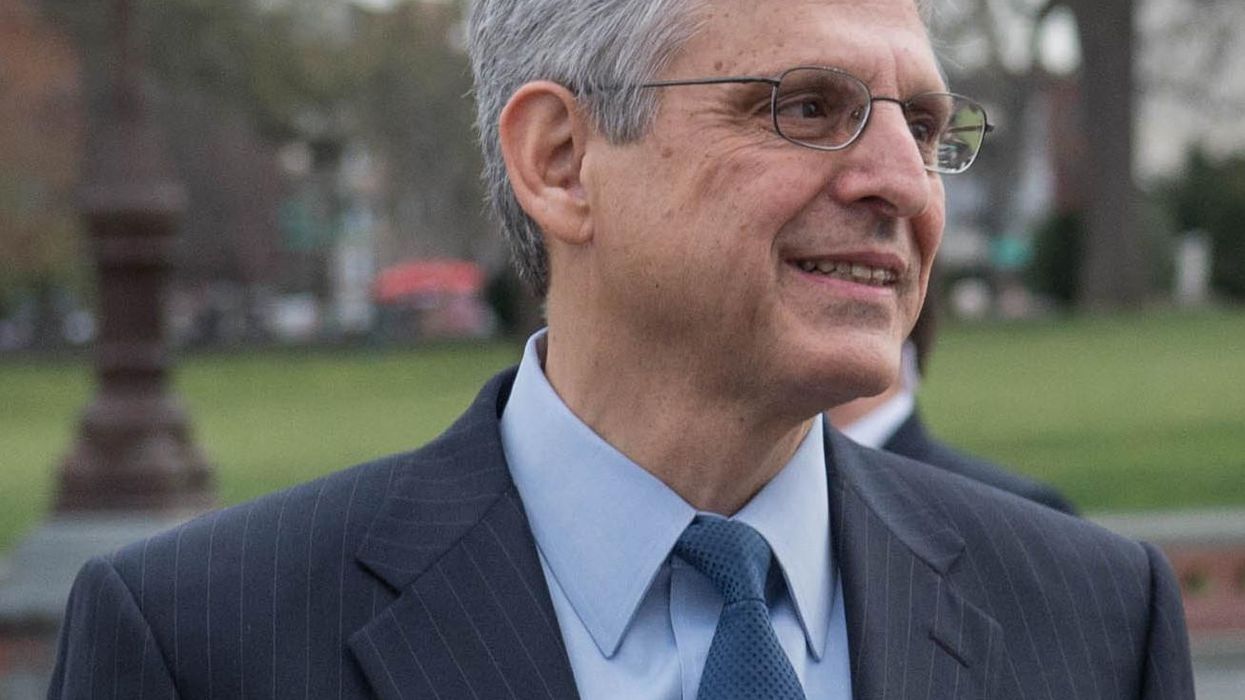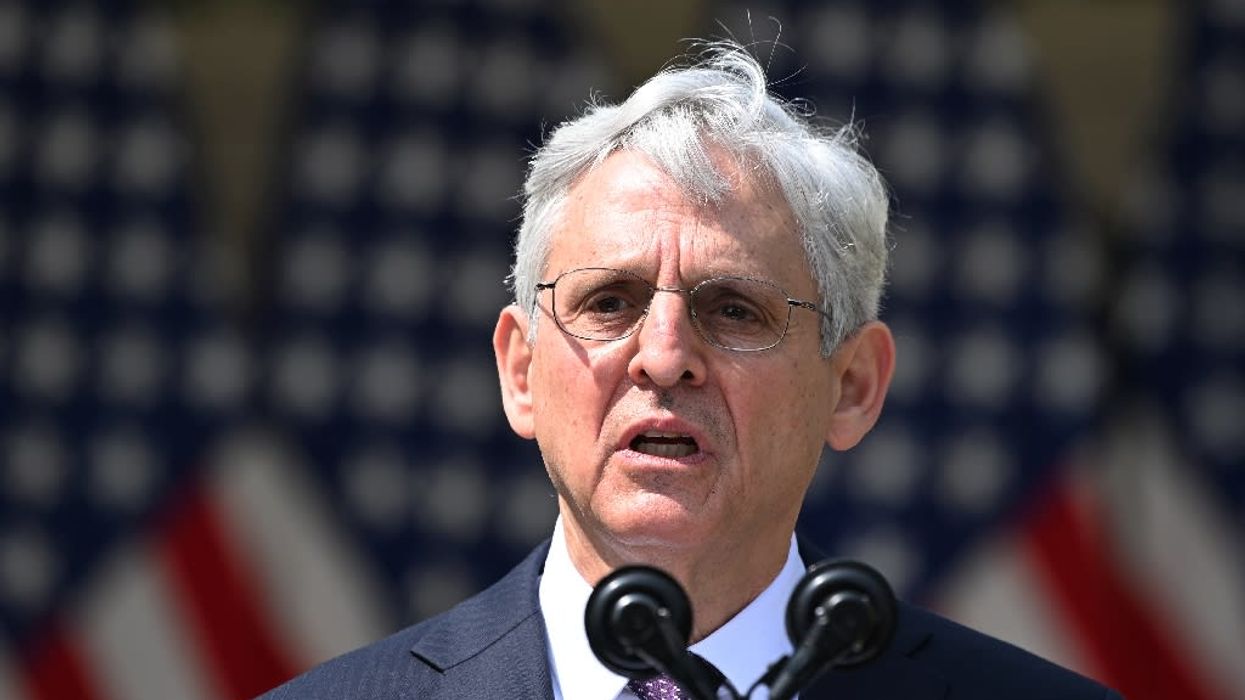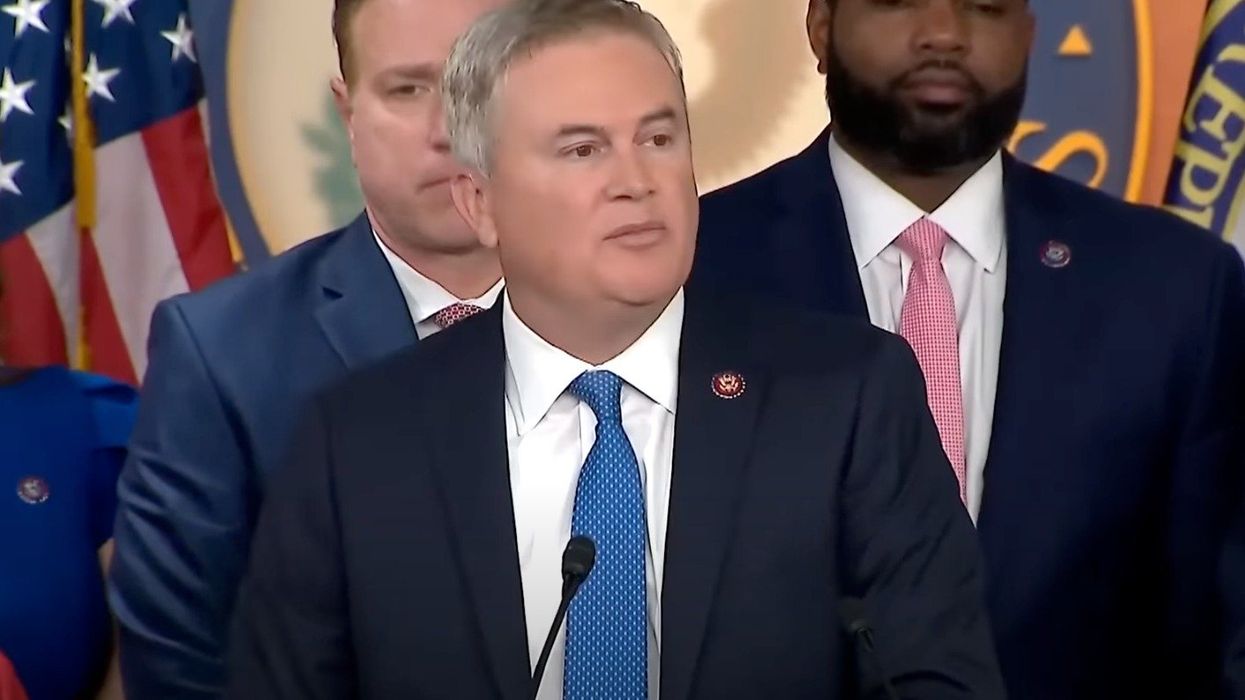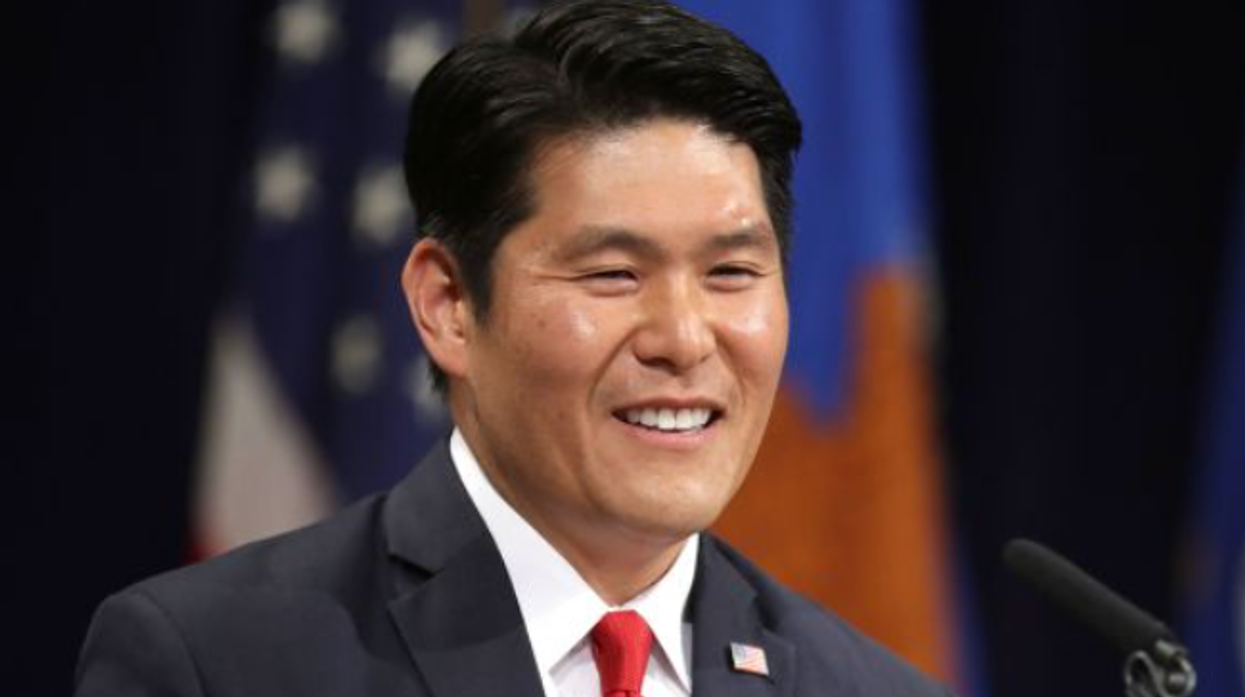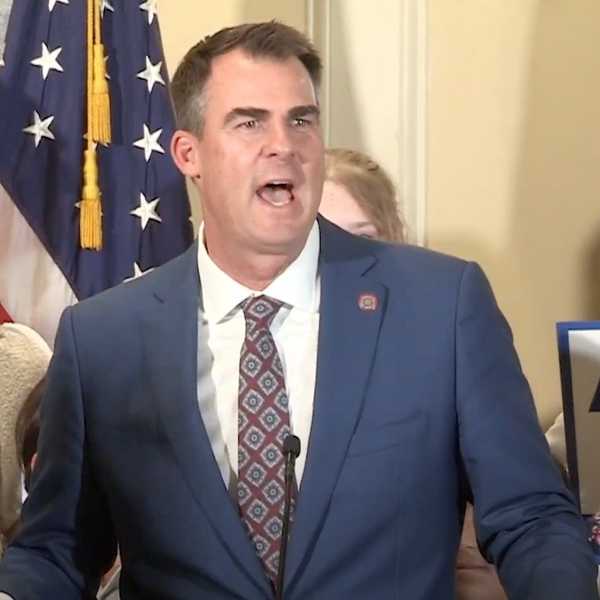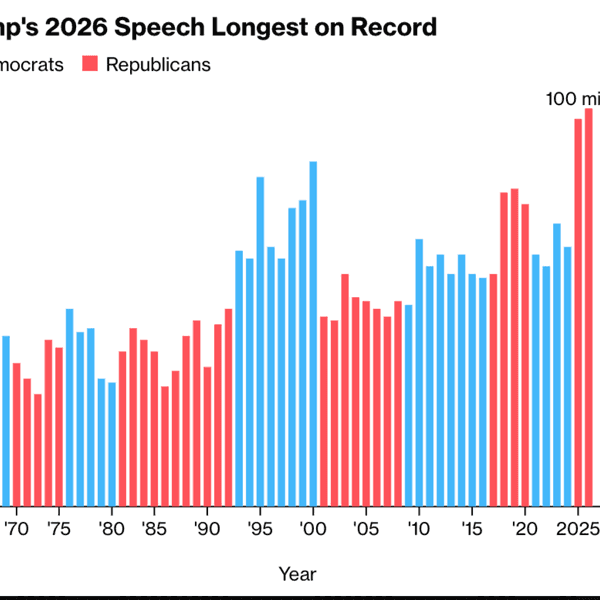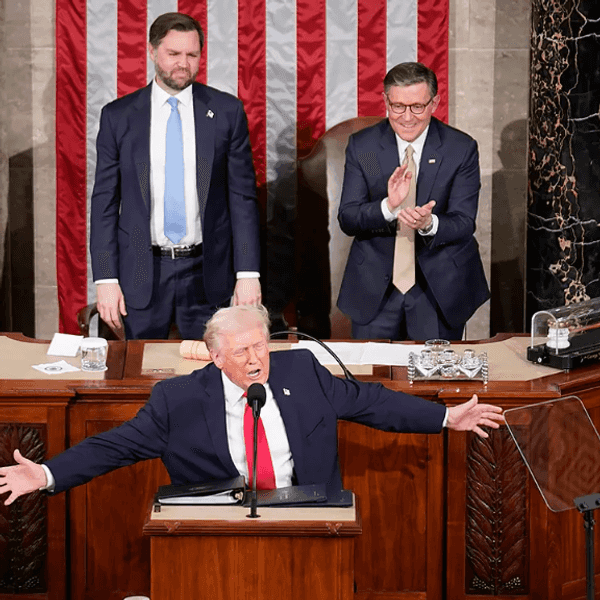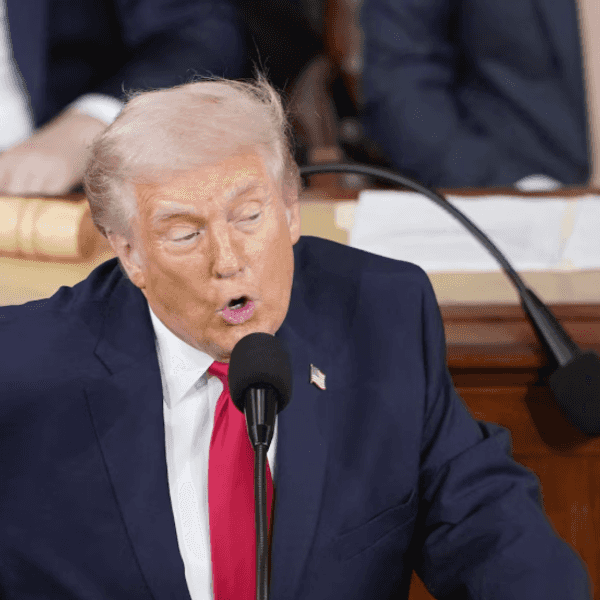A Trump-appointed prosecutor dropped an unfalsifiable partisan bomb on President Joe Biden Thursday, playing into a years-long right-wing media campaign — and U.S. political journalists decided to treat it as a valid and impartial charge.
Biden, who has a 40-year record of public service in the U.S. Senate, as vice president, and in the Oval Office, is a self-described “gaffe machine” with a well-documented stutter. He is also, at 81, the oldest president in U.S. history.
The right has dedicated substantial time and resources since Biden launched his 2020 presidential campaign to attributing his verbal miscues to his age. Republican political operatives surface out-of-context snippets of Biden’s misstatements and try to blow them up into national stories, and it is rarely-disputed canon in the right-wing media that the president is a mentally failing dementia patient.
This argument blew up in their faces when Biden performed so well in a debate against then-President Donald Trump that the GOP resorted to accusing him of taking performance-enhancing drugs, and again in 2023, when his canny dealings with then-House Speaker Kevin McCarthy led McCarthy to describe him as “very smart” and Republicans to question how they’d been outmaneuvered by someone purportedly in mental decline. But undeterred by reality, the right has maintained the drumbeat over Biden’s mental status, driving up public concern over the president’s age.
Enter Robert Hur. Attorney General Merrick Garland presumably selected him as a special counsel to investigate Biden’s possible unauthorized removal and retention of classified documents or other records because he thought he could quell potential complaints of political bias by putting in charge a former clerk to right-wing judges whom Trump appointed as a U.S. attorney with every incentive to do maximum political damage to the Democratic president. This is a regular pattern — Republican and Democratic administrations each appoint Republicans to investigate both Republicans and Democrats, though that never seems to halt the complaints from the right about the handling of those cases.
Last Thursday, after a year-long investigation, Hur issued a 345-page report in which he concluded that “no criminal charges are warranted in this matter” and that “the evidence does not establish Mr. Biden's guilt beyond a reasonable doubt.” But rather than stop there, he also levied an incendiary and gratuitous attack on Biden’s mental status, claiming that, “at trial, Mr. Biden would likely present himself to a jury, as he did during our interview of him, as a sympathetic, well-meaning, elderly man with a poor memory.” Hur cited specific mental lapses he’d observed during their five hours of interviews — conducted at a time when Biden was responding to the international crisis caused by the October 7 Hamas attack on Israel — including that his “memory appeared hazy” when discussing the intricacies of 15-year-old White House policy debates.
Hur’s argument that lawyers for the sitting president of the United States would argue in court that he shouldn’t be convicted of a crime because he is a senile old man is facially absurd. Indeed, Biden forcefully pushed back on the critique during a White House appearance Thursday night.
The special counsel’s actions drew sharp criticism from the legal community. Biden’s lawyers blasted claims about Biden’s memory in a draft report, saying, “We do not believe that the report's treatment of President Biden's memory is accurate or appropriate. The report uses highly prejudicial language to describe a commonplace occurrence among witnesses: a lack of recall of years-old events.” On MSNBC, former FBI counsel Andrew Weissmann called the claims “wholly inappropriate,” “gratuitous,” and “exactly what you’re not supposed to do, which is putting your thumb on the scale that could have political repercussions.” Neal Katyal, the former acting U.S. solicitor general, likewise said that based on his tours in the Justice Department, Hur’s statements were “totally gratuitous” and a “too-clever-move-by-half by the special counsel to try and take some swipes at a sitting president.” And Ty Cobb, a former Trump lawyer, said on CNN that he had served on an independent counsel probe that declined to prosecute someone due to “health issues, but we didn’t tell the world that,” suggesting that such statements by Hur were inappropriate.
But by including those inappropriate and gratuitous statements, Hur put an official seal on a partisan attack.
The right jumped on Hur’s claims, with Republican politicians and right-wing commentators falsely claiming that the special counsel had found that Biden “is not competent to stand trial” and “has dementia.” Some called for the Cabinet to invoke the 25th Amendment to the U.S. Constitution and remove him from office.
The mainstream political press, meanwhile, turned Hur’s insinuations about Biden’s mental health — and not his declination to prosecute — into the report’s big takeaway. Here’s a sampling of top headlines from major newspapers, political tipsheets, and digital outlets on Thursday and Friday.
Stories about Biden’s mental state are clearly catnip for political journalists. They can demonstrate how “fair” they are by providing negative coverage of Biden to balance their treatment of his likely opponent Donald Trump, who is an unhinged authoritarian facing scores of federal and state criminal charges, including for attempting to subvert the 2020 presidential election. And they don’t need to bone up on policy nuances separating the candidates — “is the president addled” is an easy venue for hot takes.
The storyline is particularly toxic because no matter how many times it is repudiated by Biden’s public actions or the statements of people who have spoken to him privately, it cannot be falsified. The White House physician can release health summaries calling him “fit to successfully execute the duties of the Presidency.” Democrats who have recently spoken to the president, like Rep. Dan Goldman (D-NY), and reporters who have recently interviewed him, like John Harwood, can attest to his mental acuity at the time of his special counsel interview. But Biden is still Biden, so he’s going to keep making gaffes, as he did Thursday night when he referred to Egyptian president Abdel Fattah el-Sisi as “the president of Mexico,” leading journalists to downplay his newsmaking statements about the Israel-Hamas war and fixate instead on what the statement says about his mental health.
The choice for reporters is how they respond to such misstatements. On NPR, Mara Liasson said that the White House is pushing back by pointing out that Biden’s foes, like Fox’s Sean Hannity and Trump, have had similar mix-ups.
“But the difference is that one of these missteps, one of these guys who forgets things, Biden, has become a viral meme, and it's become a big problem for him,” she said. “Trump's misstatements, for some reason, have not risen to that level.”
It’s true that Trump’s own verbal missteps have not coalesced into an overarching narrative about his mental fitness for office. But the reason why is obvious: Political journalists decided to treat Biden’s missteps as a big problem, and Trump’s as a small one. They’re setting the agenda, following the lead of the Republican Party, the right-wing media, and now, Hur.
Update (2/12/24): Popular Information’s Judd Legum reviewed the output of three major newspapers and found a “deluge of negative media coverage based on Hur's conjecture” which treated “Hur's amateur medical judgments as a political crisis for Biden and an existential threat to his reelection campaign.”
“A Popular Information analysis found that just three major papers — the New York Times, the Washington Post, and the Wall Street Journal — collectively published 81 articles about Hur's assessment of Biden's memory in the four days following the release of Hur's report,” Legum wrote. “Incidents that raised questions about former President Trump's mental state received far less coverage by the same outlets.”

Legum also found that the papers provided significantly less coverage of Trump’s recent mix-up of former House Speaker Nancy Pelosi (D-CA) and Republican presidential candidate Nikki Haley.


